Business Succession
Thoughtful strategies for transitioning your business.
Allow our team of experienced financial professionals to craft solutions for a successful business exit, whatever the circumstances.
Transition with Intent
Exiting your business involves complex decisions, but our experienced financial team can guide you through the process, delivering a personally rewarding outcome for all stakeholders through strategic planning, investment, tax, and related financial services.
Your Values are Our Values
Community
Respect
Excellence
Discipline
Opportunity
Delivering intelligent, personalized insights for today’s complex investment landscape.
Create a Winning Legacy
Ashton Thomas is your strategic partner for effective exit planning. Engage our team to learn how we can help transition your business successfully.
